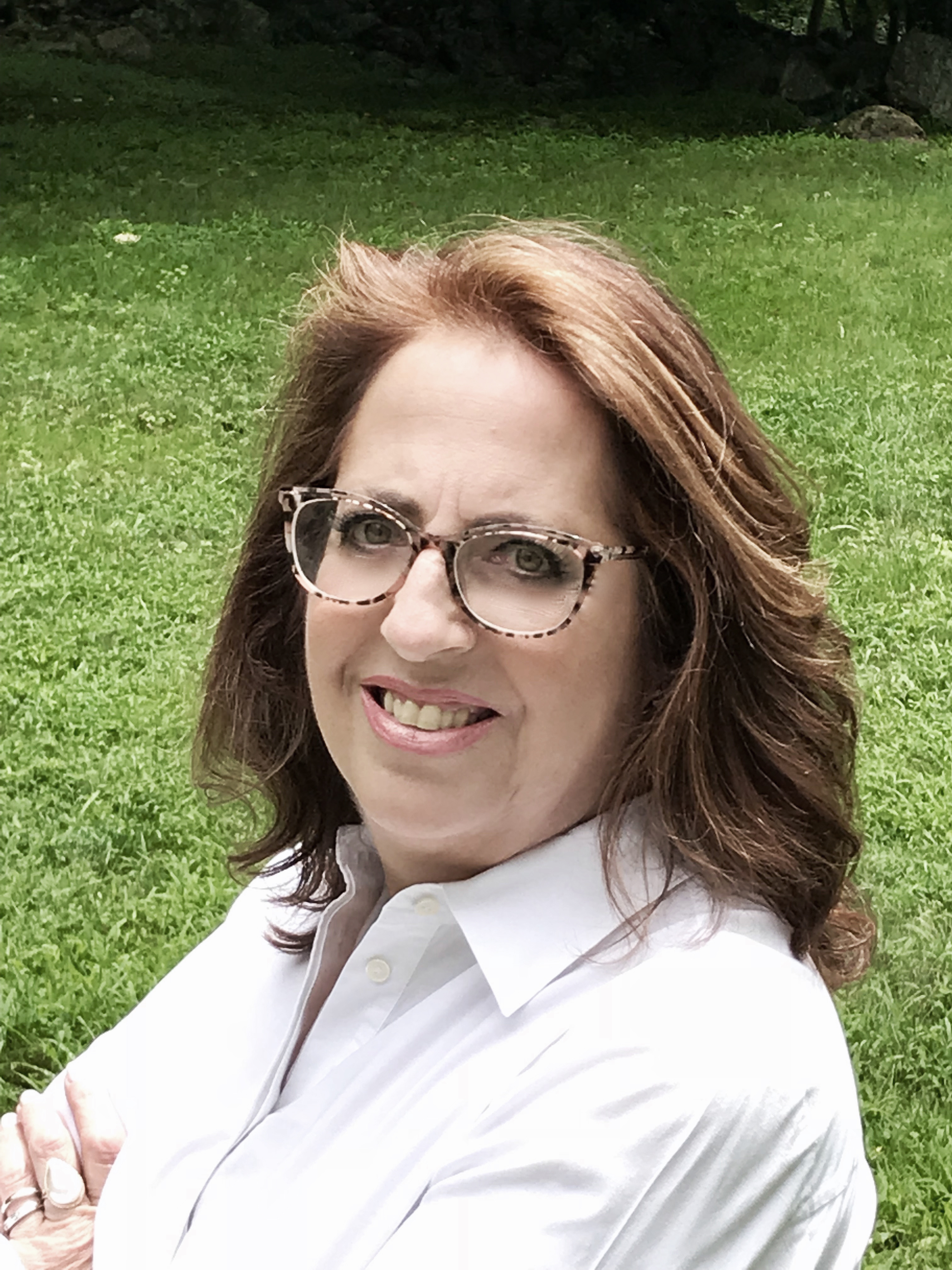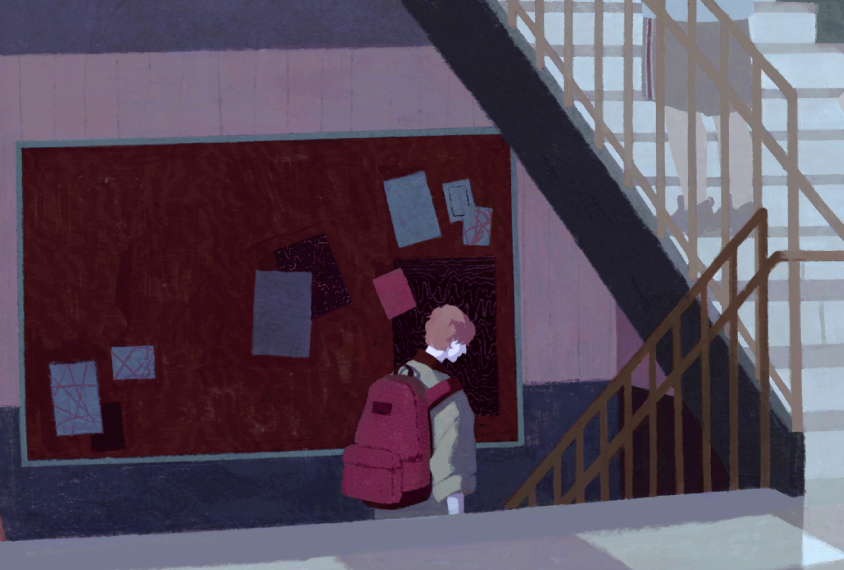Cheryl Platzman Weinstock is an award–winning journalist who reports about health and science research and its impact on society. Her investigative pieces have brought attention to mental health, medical ethics issues and the medical research gender gap. She also writes for the Metro desk of The New York Times.

Cheryl Platzman Weinstock
From this contributor
The deep emotional ties between depression and autism
Autistic people are four times as likely to experience depression over the course of their lives as their neurotypical peers. Yet researchers know little about why, or how best to help.

The deep emotional ties between depression and autism
The hidden danger of suicide in autism
Many people with autism entertain thoughts of suicide and yet show few obvious signs of their distress. Some scientists are identifying risks — and solutions — unique to autistic individuals.

The hidden danger of suicide in autism
Explore more from The Transmitter
Xiao-Jing Wang outlines the future of theoretical neuroscience
Wang discusses why he decided the time was right for a new theoretical neuroscience textbook and how bifurcation is a key missing concept in neuroscience explanations.
Xiao-Jing Wang outlines the future of theoretical neuroscience
Wang discusses why he decided the time was right for a new theoretical neuroscience textbook and how bifurcation is a key missing concept in neuroscience explanations.
Memory study sparks debate over statistical methods
Critics of a 2024 Nature paper suggest the authors failed to address the risk of false-positive findings. The authors argue more rigorous methods can result in missed leads.

Memory study sparks debate over statistical methods
Critics of a 2024 Nature paper suggest the authors failed to address the risk of false-positive findings. The authors argue more rigorous methods can result in missed leads.
Attention not necessary for visual awareness, large study suggests
People can perceive some visual information even if they do not pay direct attention to it.

Attention not necessary for visual awareness, large study suggests
People can perceive some visual information even if they do not pay direct attention to it.